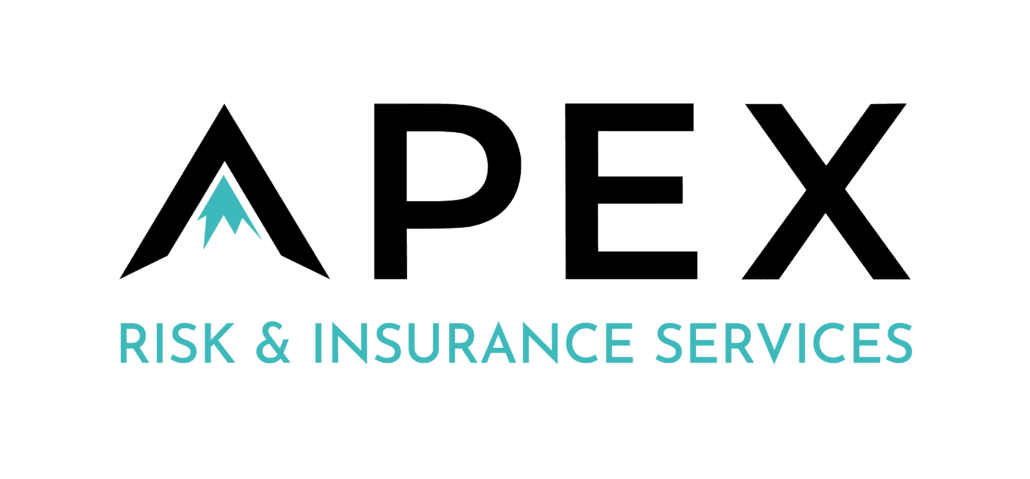EPLI for Nonprofits: What You Need to Know
With more workers returning to in-person work settings, nonprofits are witnessing a steady rise in employment practices liability insurance (EPLI) claims. According to data from the Equal Employment Opportunity Commission (EEOC), EPLI claims have been on the uptick since 2003, with a staggering 37,632 workplace retaliation claims filed in 2020 alone—a number that continues to climb in 2023.
Now, you might be wondering, “What’s EPLI, anyway?” Well, it’s a bit of a mouthful, but don’t let that intimidate you. EPLI stands for Employment Practices Liability Insurance, and in this blog, we’ll break down the ins and outs of EPLI for nonprofits, helping you understand why it’s an essential safeguard for your organization, especially in today’s ever-evolving work landscape. But first, let’s decipher the key differences between EPLI and workers’ compensation and explore what EPLI does—and doesn’t—cover.
What’s EPLI, Anyway?
Employment practices liability insurance, more commonly known as EPLI, covers businesses against claims by workers that their legal rights as employees of the company have been violated.
EPLI protects businesses against legal claims filed by potential, current, or former employees.
What is the Difference Between Employment Practices Liability Insurance and Workers’ Comp?
In simple terms, workers’ compensation covers physical injuries and illnesses whereas EPLI is for claims that an employee’s rights have been violated.
Additionally, business owners are required to purchase workers’ compensation insurance for their employees. If a business employs one or more employees, workers’ comp is required under California Labor Code Section 3700.
EPLI, on the other hand, is not. This results in many business owners opting out of EPLI because they believe all issues with employees will be covered under workers’ comp; however, this is not the case.
It’s important to note that EPLI is a type of professional liability insurance and provides coverage in entirely different situations than workers’ comp.
What Does Employment Practices Liability Insurance Cover?
EPLI can cover lawsuits over employee allegations of:
- Sexual harassment
- Discrimination
- Retaliation
- Wrongful termination or demotion
- Mismanagement of benefits
- Defamation
- Breach of employment contract
- Negligent evaluation
- Failure to employ or promote
- Wrongful discipline
- Deprivation of career opportunity, and
- Wrongful infliction of emotional distress
What Isn’t Covered by EPLI?
As with any insurance policy, EPLI has some exclusions and limitations. Generally, EPLI doesn’t cover claims for:
- Bodily injury
- Intentional acts (assault, battery, criminal conduct), and
- Privacy violations
Additionally and perhaps most importantly, EPLI protections almost always exclude wage and hour claims or only provide limited coverage to include defense costs, not repayment of back wages.
Wage and hour-based claims include claims relating to:
- Overtime
- Minimum wage
- Rest and meal periods, and
- Bonuses
Why Exactly Do Nonprofits Need EPLI?
Nonprofits might be all about doing good in the world, but that doesn’t mean they’re immune to sticky situations. Employment-related lawsuits can happen to any organization, and nonprofits are no exception. Let’s take a look at some examples.
1. Sexual Harassment: An employee files a sexual harassment complaint against a coworker, alleging inappropriate comments and advances. EPLI can cover the legal costs associated with defending your organization against this claim.
2. Discrimination: An applicant claims they were not hired because of their age, despite being qualified for the position. EPLI can help protect your organization in case of an age discrimination lawsuit.
3. Retaliation: An employee reports workplace safety violations to a regulatory agency, and shortly after, they are demoted. EPLI can provide coverage if the employee alleges retaliation for reporting the violations.
4. Wrongful Termination: An employee who was recently let go claims they were wrongfully terminated without cause. EPLI can assist in covering the legal expenses if the former employee decides to sue your organization.
5. Mismanagement of Benefits: Your organization inadvertently mishandles employee benefits, resulting in a dispute over health insurance coverage. EPLI can help cover the costs of resolving the dispute.
6. Defamation: An employee accuses a supervisor of spreading false and damaging rumors about them in the workplace. EPLI can cover the legal expenses if the employee files a defamation lawsuit.
7. Breach of Employment Contract: An employee claims that your organization failed to honor the terms of their employment contract, such as promised benefits or job security. EPLI can assist with the legal defense in such cases.
8. Negligent Evaluation: An employee alleges that their performance evaluations were unfairly conducted, affecting their career progression. EPLI can help cover legal costs if the employee sues for negligent evaluation.
9. Failure to Employ or Promote: A job applicant believes they were not hired or promoted because of their gender. EPLI can provide coverage if the applicant files a discrimination claim.
10. Wrongful Discipline: An employee claims they were subjected to unwarranted disciplinary actions, causing emotional distress. EPLI can assist in covering the legal expenses associated with this claim.
11. Deprivation of Career Opportunity: An employee asserts that they were denied career advancement opportunities due to their race. EPLI can help protect your organization against discrimination allegations in this context.
12. Wrongful Infliction of Emotional Distress: An employee sues your organization, alleging that they suffered severe emotional distress due to actions taken by a coworker or supervisor. EPLI can assist in managing this type of claim.
What if You Only Have Volunteers?
Now, here’s an interesting twist. What if your nonprofit relies solely on volunteers? Does EPLI still apply to you? The short answer: Yes, it does.
Many of the issues we’ve been talking about earlier aren’t exclusive to paid employees. They can pop up in the volunteer realm too. Picture this: You have a volunteer who’s been helping out for a while, and suddenly, you need to let them go. Maybe it’s for a valid reason, but what if they don’t see it that way? Cue the potential for an Employment Practices Liability Insurance (EPLI) claim.
Looking to Purchase Employment Practices Liability Insurance?
Nonprofits already have a lot on their plates. They shouldn’t also have to worry about purchasing the correct employment practices liability insurance, too.
At Apex Risk & Insurance Services, we use The Apex Proven Process to learn about your business, strategize to assemble the right program for you, and use our deep industry and market knowledge to leverage the best pricing and coverage.
Check out our commercial insurance policies, then, read on to learn how to protect your business from cyberattacks (another big risk nonprofit organizations face!)
Learn why every nonprofit, big or small, needs D&O insurance, here.




